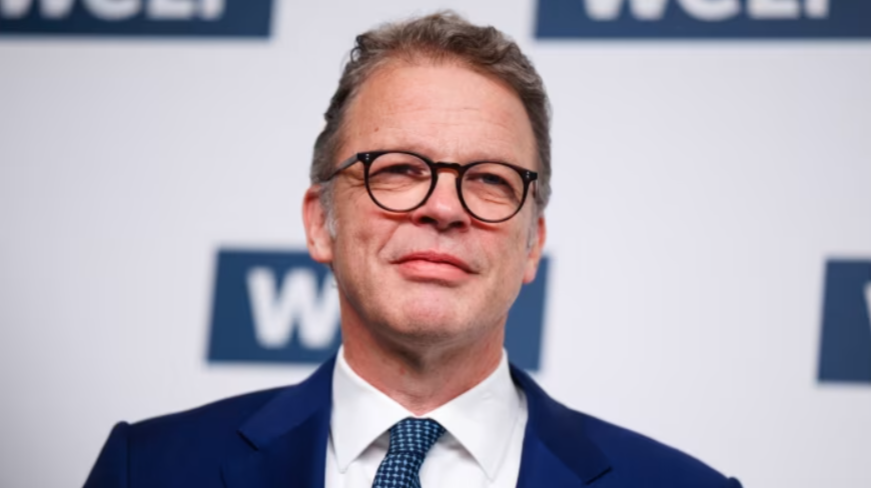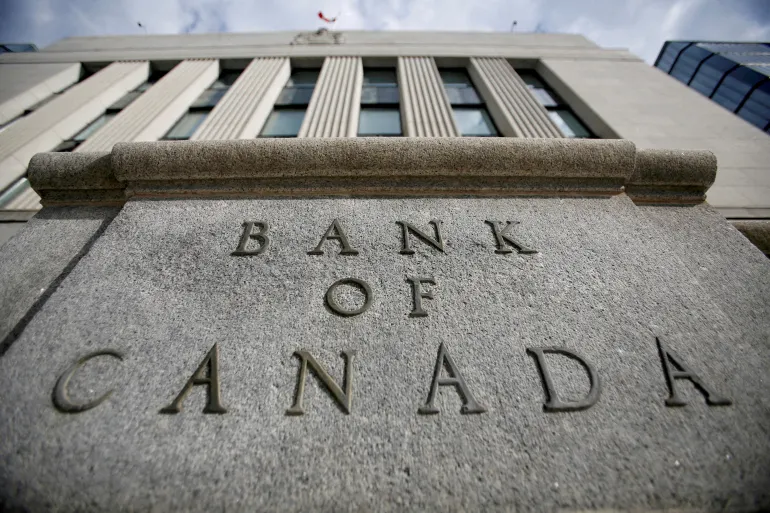Facing dismal approval ratings and a snap election in February, German Chancellor Olaf Scholz is doubling down on his key campaign message: keeping Germany out of direct conflict with Russia, Bloomberg reports.
Confirmed as the Social Democrats’ (SPD) lead candidate, Scholz is attempting to differentiate himself from the poll-leading conservative opposition, led by Friedrich Merz.
Scholz insists that while Germany remains committed to supporting Ukraine, preventing escalation into a war between Russia and NATO is paramount. This message comes amid his own low approval rating; a recent ARD survey placed him a distant sixth, with only 20% approval – significantly behind Defence Minister Boris Pistorius (61%) and even behind Merz (34%).
The snap election, scheduled for February 23rd, follows the collapse of Scholz’s coalition government with the Greens and the Free Democrats (FDP) in November. The dismissal of FDP Finance Minister Christian Lindner, over disagreements on budget policy and the controversial “debt brake,” plunged Germany into political turmoil.
Scholz pledged to maintain Germany’s commitment to NATO’s 2% defense spending target without compromising social welfare programs, requiring a relaxation of the stringent debt brake rules. He directly criticized Lindner’s adherence to the borrowing limit, framing it as a key factor in the coalition’s downfall.
To trigger the early election, Scholz will face a confidence vote next month. Should he lose, he will dissolve the Bundestag and officially set the election date.
Current polls paint a grim picture for the SPD. Bloomberg’s polling average suggests Merz’s CDU/CSU alliance would win with over 32% of the vote, with the AfD in second place (around 18%), the SPD third (around 15%), and the Greens fourth (around 12%).
A CDU/CSU victory would likely require a coalition, potentially with the SPD and Greens – a scenario that could recreate the policy conflicts that plagued the previous government. The FDP’s electoral prospects are uncertain, as they risk failing to meet the 5% threshold for parliamentary representation.
Despite the unfavorable polls, Scholz ended his announcement with a lighthearted comment, pointing out that the election falls on the birthdays of both SPD co-leader Lars Klingbeil and his wife, Britta Ernst.








